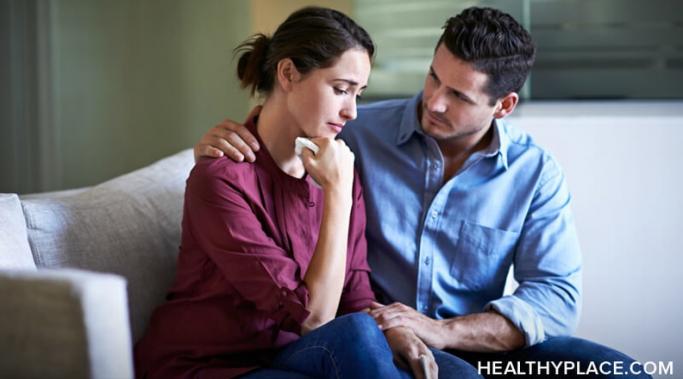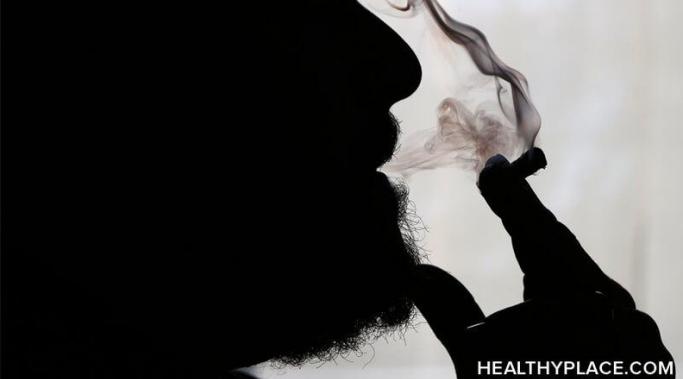A good portion of my writing focuses on living with mental illness, accepting the diagnosis and practicing self-care. I touch on some serious topics: Psychiatric medication, issues with your mental health team, learning to live with mental illness and recovering relationships that were damaged along the way...
Lifestyle Changes
I hate to admit it, but when you live with a mental illness there are probably triggers to avoid--triggers that upset the stability we have fought so hard to find (Don't Wait: Prepare for Mental Health Triggers Beforehand). First, let's break it down a little bit.
The first thing that comes to my mind when I think of putting my mental health recovery first? "Just Do It!" Yes, that horrible Nike campaign.
I am twenty-seven years old as I write these words. I own my own home and I have a dog I adore. I cook and I clean and I talk to my family on a regular basis.
I try not to ask myself "Will I stay well?" too often. But it sort of lurks in the back of my psyche until, finally, I am confronted with it. That's part of living with a mental illness--whether it is chronic or in passing--and it's tough. Really tough. But what about before you were properly diagnosed?
I'm not sure, are you? Ask yourself the loaded question: "I have a mental illness. Am I really sick?" When I ask myself this question my mind conjures up this: "No, sometimes life just gets a bit tough, but doesn't it for us all?" And then my inner psyche rambles on about how the disease of mental illness, the 'sick' part of it, is nothing like, say, a broken leg or bout of pneumonia. But that's not the point.
I could write a million posts (granted my hands might hurt, my head even more) on how frightening life, before being diagnosed with a mental illness, is.
I have an ulterior motive when writing this blog, rather, I need to vent a bit. I write about the importance of a healthy lifestyle within these blogs: food, diet, exercise, medication compliance, staying away from excess alcohol and even further away from drugs that are not prescribed to us. Far, far, far away, next country far! I mean these things. I practice what I preach.
But I have not, as I recall, mentioned cigarettes. Nicotine addiction. The chemicals that live in them. I have not spoken about this because I pretended that nearly a decade of smoking, now at the age of twenty-six, I had yet to quit. Well, four long days ago I quit. Cold turkey.
When you are first diagnosed with a mental illness, you are presented with the following information: you will probably have to take psychiatric medication for the rest of your life. For the rest of your life! That's tough to hear and to understand.
Easier said than done! I recognize a pattern in my posts: I seem to be telling you what you probably already know. I write that recovering from mental illness is exhausting and that taking psychiatric medication leaves something to be desired. But these topics are important and they need to be discussed.
So, let's talk about sleep.









